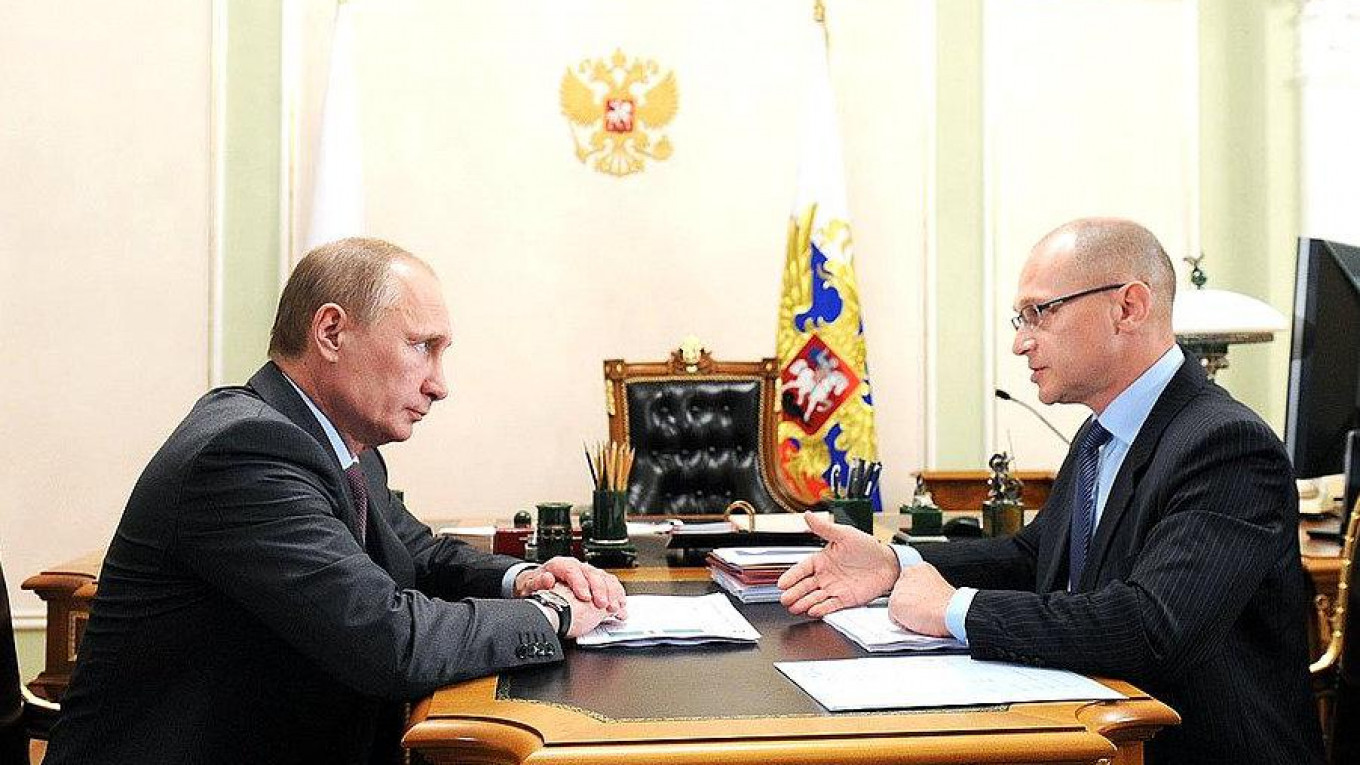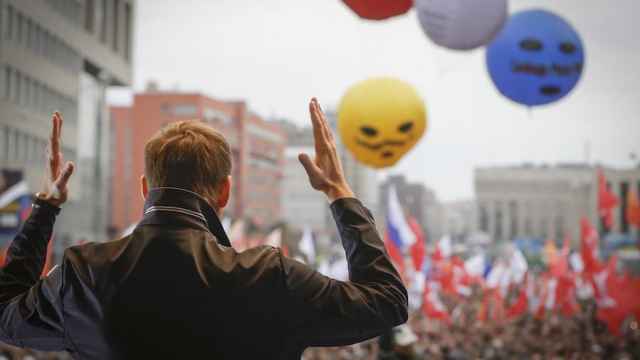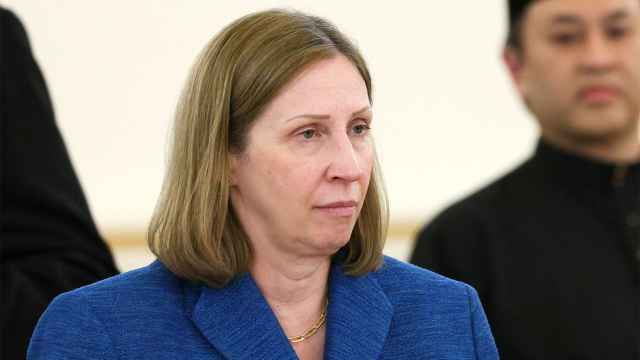However controversial, Russians now count the “return of Crimea” as one of their nation’s greatest achievements. In a poll published by the independent Levada Center pollster in January, the event came second only to the Soviet victory in World War II. It was considered even more significant than Yuri Gagarin’s spaceflight, a source of glory for many previous generations.
So there can be little surprise at a new idea being mooted in high political circles — to move the 2018 presidential election from March 11 to March 18, the exact date that the Crimean annexation was ratified. “It’s a very good thing that this day coincides with the wonderful event we have been celebrating for few years already,” said Vyacheslav Volodin, Duma speaker and one of the most influential players in Russian domestic politics.
The Kremlin says it has not made up its mind about moving the election date. But the idea is as good as sold, suggests political analyst Alexei Makarkin: “This election lacks intrigue,” he told The Moscow Times. “Tagging it to the celebration of the nation’s recent victory will bring more voters to the booths.”
The campaign itself is already taking shape. Alexei Navalny, Putin’s sharpest critic, has been blocked from taking part in the election. “His participation would have dramatized the election, but, as of now, he isn’t allowed to run,” says analyst Mikhail Vinogradov.
In the absence of drama and competition, then, the Kremlin’s 2018 election offer will be necessarily limited to half-hearted concessions. The first is creating the impression of a political thaw ahead of Vladimir Putin’s next term. Within the last two weeks, three controversial criminal cases have been closed. Political activist and protester Ildar Dadin was released from prison. Evgeniya Chudnovets, charged with distributing pornography after she reposted a video of an abused child, was also released. Finally, Putin pardoned Oksana Sevastidi, who was convicted of high treason for sending two messages about military equipment she had seen close to the Russian city of Sochi in April 2008.
“This suggests the forthcoming election will represent a limited — very limited — liberalization,” Gleb Pavlovsky, a former Kremlin advisor, told the Echo Moskvy radio station. “It’s like you’re getting what you want from Putin’s leaving, but without him actually leaving.”
The second is to implement moderate technical innovation to the voting process. A new bill just introduced in the Russian parliament will eliminate the complicated system of absentee ballots, making voting from home much easier. One other mooted change would ease the work of independent election monitors. They will no longer have to specify which voting districts they plan to observe in advance. “This is a positive move, though not entirely necessary, since we are not expecting heavy rigging this time,” says Andrei Buzin of the independent “Golos” election watchdog.
Many in the elite now bet that this election will be Vladimir Putin’s last. Igor Bunin, director of the Center of Political Technologies, even expects Putin will have to make it clear during his campaign. This is more reason for a clean victory: Putin wants this win to look as legitimate as possible.
At the same time, the campaign still needs a dose of drama, says Mikhail Vinogradov. But if real drama is off the table, the move to match the election date with the official annexation of Crimea is a clever next best thing.
A Message from The Moscow Times:
Dear readers,
We are facing unprecedented challenges. Russia's Prosecutor General's Office has designated The Moscow Times as an "undesirable" organization, criminalizing our work and putting our staff at risk of prosecution. This follows our earlier unjust labeling as a "foreign agent."
These actions are direct attempts to silence independent journalism in Russia. The authorities claim our work "discredits the decisions of the Russian leadership." We see things differently: we strive to provide accurate, unbiased reporting on Russia.
We, the journalists of The Moscow Times, refuse to be silenced. But to continue our work, we need your help.
Your support, no matter how small, makes a world of difference. If you can, please support us monthly starting from just $2. It's quick to set up, and every contribution makes a significant impact.
By supporting The Moscow Times, you're defending open, independent journalism in the face of repression. Thank you for standing with us.
Remind me later.







